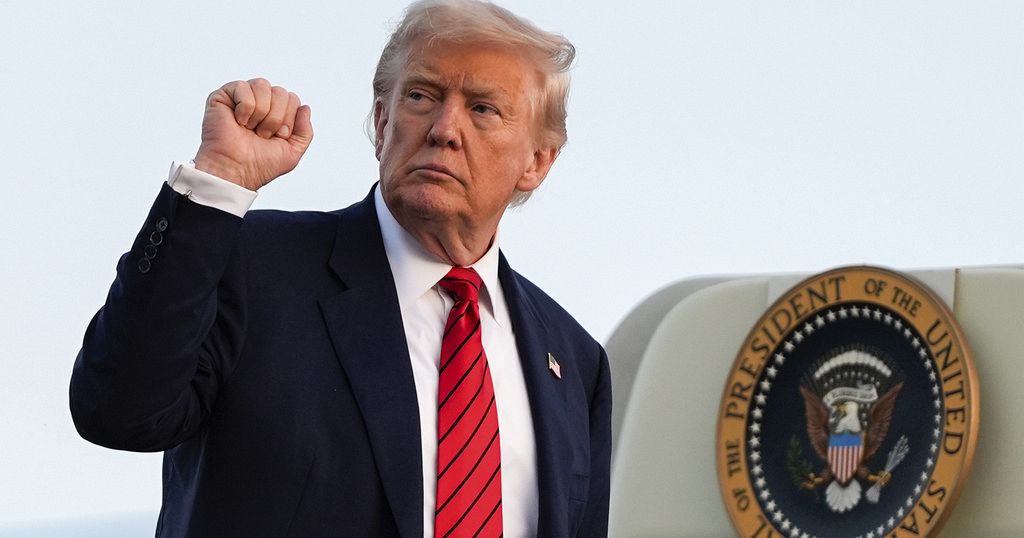The U.S. government is reviving a contentious proposal to charge visitors from specific nations up to $15,000 as a condition for entering the country on tourist or business visas. First introduced during the Trump administration in November 2020 but never implemented, the visa bond program is now resurfacing as part of a broader push to deter immigration violations, disproportionately affecting travelers from African nations and other regions with higher rates of visa overstays.
Under the 12-month pilot initiative, travelers from countries where overstay rates exceed 10% would need to post refundable bonds before entry. Funds would be returned once visitors depart the U.S., obtain citizenship, or in the event of death. A draft rule indicates the program will target nationals of countries historically flagged for noncompliance, including Chad, Eritrea, Haiti, Myanmar, Yemen, Burundi, Djibouti, and Togo. The final list of affected nations will be published on the State Department’s Travel.State.Gov website at least 15 days before implementation, with updates subject to the same notice period.
Announced in a federal notice set for publication on August 5, the policy aims to assess whether financial bonds can effectively reduce immigration violations. The effort involves collaboration between the State Department, the Department of Homeland Security, and the Treasury Department. A State Department spokesperson acknowledged to Reuters that country selection would weigh overstay trends, weaknesses in visa screening processes, and potential exploitation of “citizenship-by-investment” programs.
The revived policy aligns with a series of stricter immigration measures linked to Trump-era priorities. These include a travel ban affecting several African and Middle Eastern countries, the termination of protected status for certain immigrant groups, a proposed $250 “visa integrity fee,” and new requirements for foreign students to disclose social media activity during visa applications.
Industry analysts warn the bond program risks accelerating a downturn in U.S. tourism. The U.S. Travel Association estimates the measure could impact roughly 2,000 applicants annually, primarily from countries with lower visitor volumes to the U.S. The group cited compounding challenges: visa processing delays, rising fees, and a documented slump in international arrivals. Overseas tourism dropped by 11.6% in March 2023 compared to the previous year, with travel from Canada and Mexico declining by 20%.
Advocacy groups and immigration experts argue the policy raises equity concerns, potentially enabling profiling and detentions while discouraging travelers from the Global South. Some fear the financial burden could exclude lower-income applicants, even as the State Department emphasizes refund mechanisms. Critics also question whether bonds addressing overstays—a fraction of overall immigration violations—could strain diplomatic relations without meaningfully improving compliance.
The pilot program’s rollout coincides with debates over balancing border security and economic priorities, as the U.S. grapples with rebuilding its tourism sector post-pandemic. While officials frame the bond system as a temporary test, its reception may influence broader immigration policy debates ahead of the 2024 election cycle.
